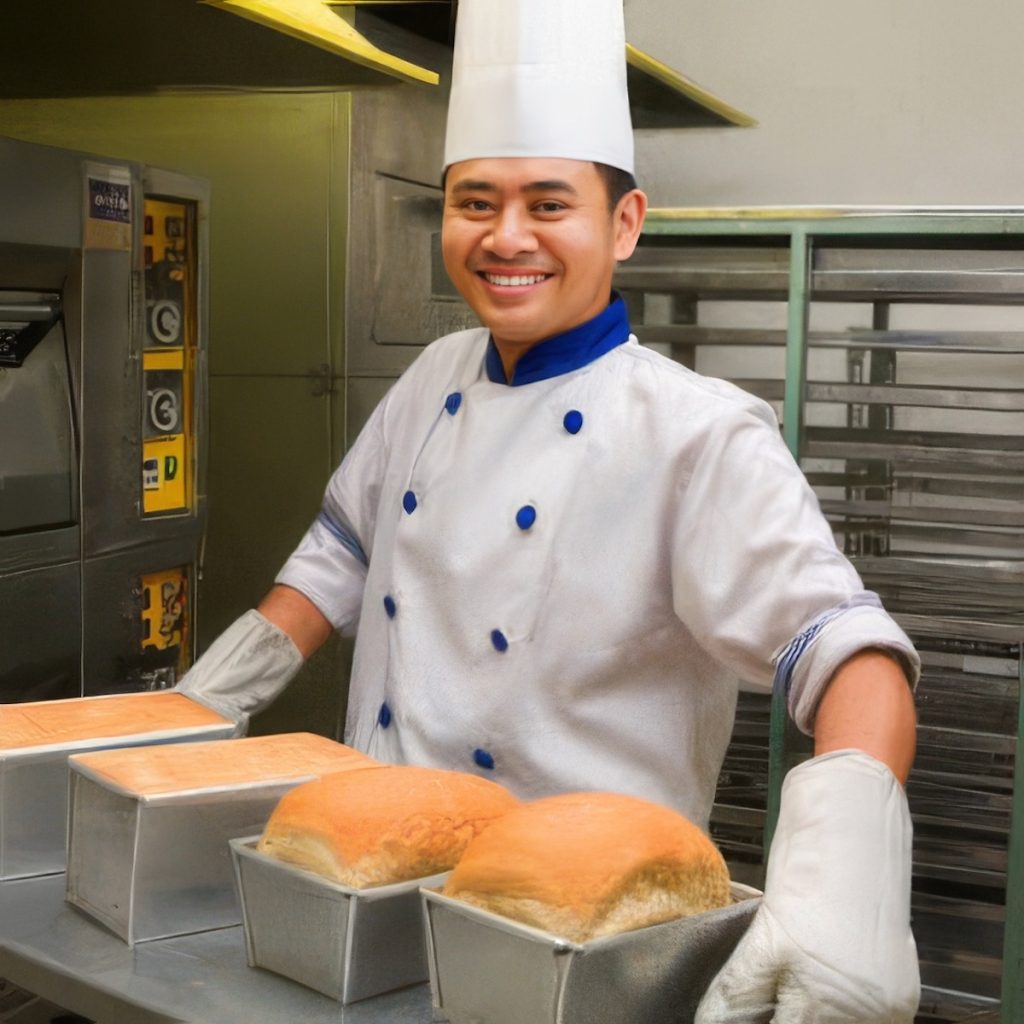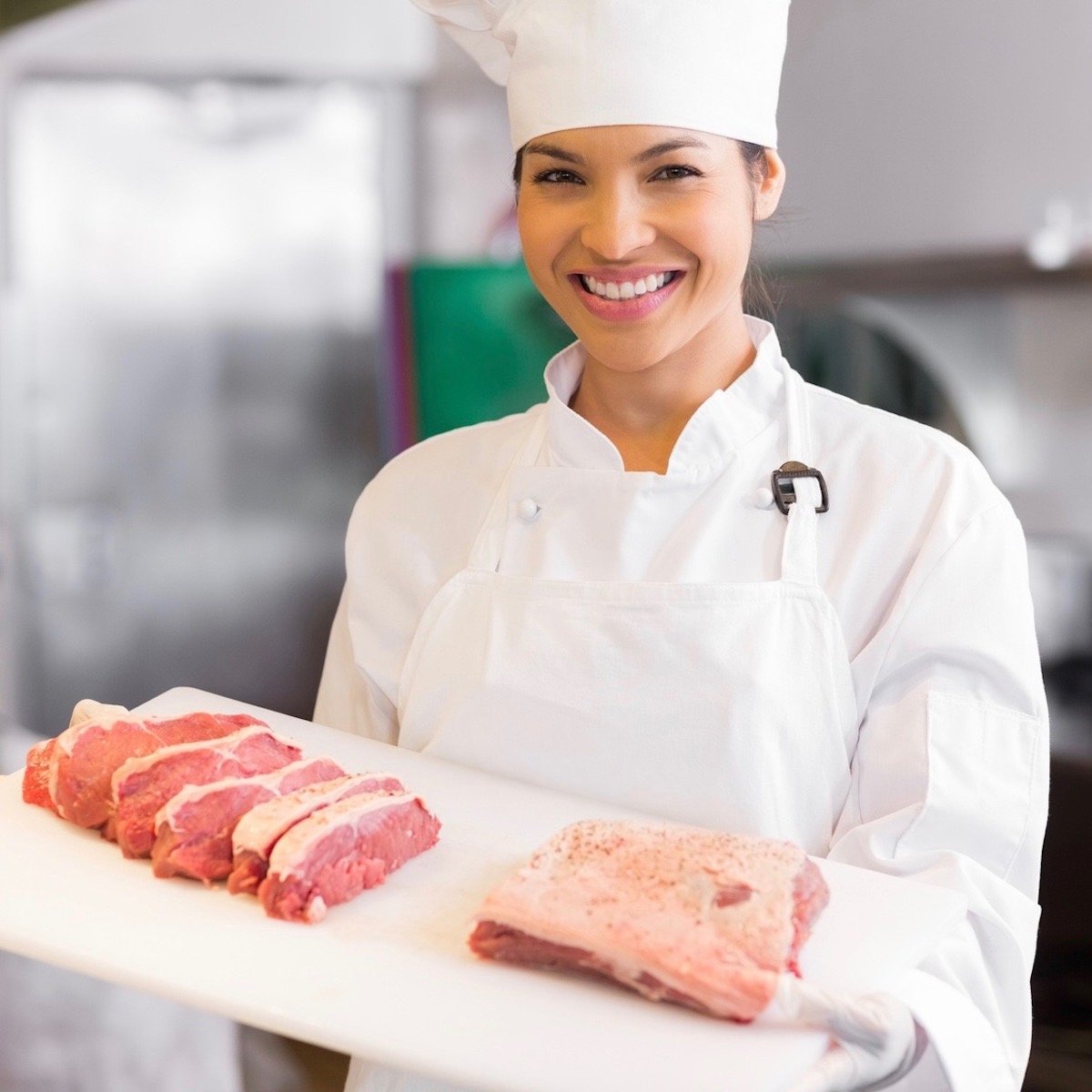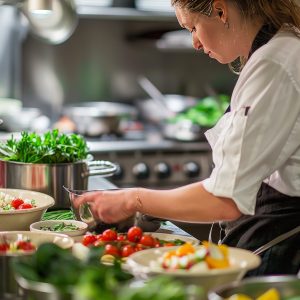Can You Make A Living As a Baker?
Absolutely, many bakers make a good living from their craft. However, the extent of success can vary depending on factors such as location, specialization, skill level, and business acumen.
In areas with a high demand for artisanal or specialty baked goods, skilled bakers can often command higher prices for their products. Additionally, those who operate their own bakeries or catering businesses can earn more than those working for someone else. Like any profession, becoming a successful baker often requires a combination of talent, dedication, and entrepreneurship.
A Baker’s Potential
Graduating from baking school can open up various opportunities in the culinary industry. Here are some potential paths:
- Bakery Owner: Many graduates choose to open their own bakeries, where they can showcase their skills and creativity. This path offers independence and the opportunity to build a brand around their unique style of baking.
- Pastry Chef: Graduates may pursue careers as pastry chefs in restaurants, hotels, or catering companies. Pastry chefs are responsible for creating desserts, pastries, and baked goods for menus, events, and special occasions.
- Bakery Manager: Some graduates may opt to work as bakery managers in established bakeries or grocery stores. In this role, they oversee day-to-day operations, manage staff, handle inventory, and ensure product quality.
- Catering/Banquet Chef: Baking school graduates with a knack for large-scale production may find opportunities as catering or banquet chefs. They can create custom dessert menus for weddings, corporate events, and other special gatherings.
- Chocolatier: Those with a passion for chocolate may choose to specialize in chocolate making and become chocolatiers. They can create artisanal chocolates, truffles, and confections for sale in retail shops, online, or at specialty events.
- Food Stylist: Baking school graduates with an eye for aesthetics may pursue careers as food stylists. They can work in advertising, magazines, or film, where they style baked goods and other food items for photoshoots or on-screen presentations.
- Instructor/Consultant: Some graduates may decide to share their knowledge and expertise by becoming baking instructors at culinary schools or community colleges. Others may offer consulting services to bakeries, restaurants, or food manufacturers.
- Research and Development Chef: Graduates interested in food science and innovation may explore careers in research and development. They can work for food companies, test kitchens, or culinary labs, developing new recipes, products, and techniques.
- Freelance Baker: For those who prefer flexibility, freelancing as a baker can be a viable option. They can offer custom cakes, pastries, or baked goods for special events, parties, and weddings on a freelance basis.
- Specialty Baker: Some graduates may choose to specialize in niche areas such as gluten-free baking, vegan baking, or artisanal bread making. They can cater to specific dietary preferences or create unique products for niche markets.
These are just a few examples of the diverse career opportunities available to baking school graduates. Depending on their interests, skills, and entrepreneurial spirit, they can carve out successful and fulfilling careers in the culinary industry.
Salary Potential
The salary potential for a young baker in 2024 can vary depending on factors such as location, experience, level of education, type of establishment, and specialization. Here’s a general overview of salary ranges based on different positions within the baking industry:
Entry-Level Baker:
In the United States, entry-level bakers typically earn between $9 to $15 per hour, with an annual salary ranging from $20,000 to $30,000. This salary may vary based on the cost of living in the area.
Pastry Cook or Assistant Pastry Chef:
Pastry cooks or assistant pastry chefs usually earn higher wages than entry-level bakers. Their salaries can range from $25,000 to $40,000 per year, depending on experience and the size of the establishment.
Head Baker or Pastry Chef:
Experienced bakers with supervisory or managerial positions, such as head bakers or pastry chefs, can earn significantly higher salaries. In larger cities or upscale establishments, they may earn between $40,000 to $70,000 per year or more, with some top earners exceeding $100,000 annually.
Bakery Owner:
The income of bakery owners can vary widely based on the success of their business, location, and operating expenses. While some bakery owners may earn modest salaries in the early years of business ownership, successful bakery owners have the potential to generate substantial profits. Profit margins in the bakery industry typically range from 2% to 15%, with well-established bakeries earning six-figure incomes or more.
Specialty Bakers or Consultants:
Bakers specializing in niche areas or offering consulting services may command higher rates for their expertise. Freelance bakers, specialty cake decorators, and consultants can earn hourly rates ranging from $20 to $100 or more, depending on the demand for their services and the level of skill and experience they bring to the table.
It’s important to note that these salary ranges are approximate and can vary based on individual circumstances. Factors such as additional benefits, bonuses, tips, overtime pay, and opportunities for career advancement can also impact a young baker’s overall earning potential. Additionally, salaries may differ in various countries and regions around the world.














